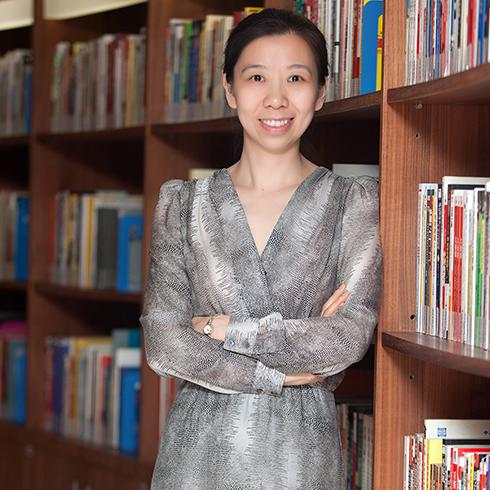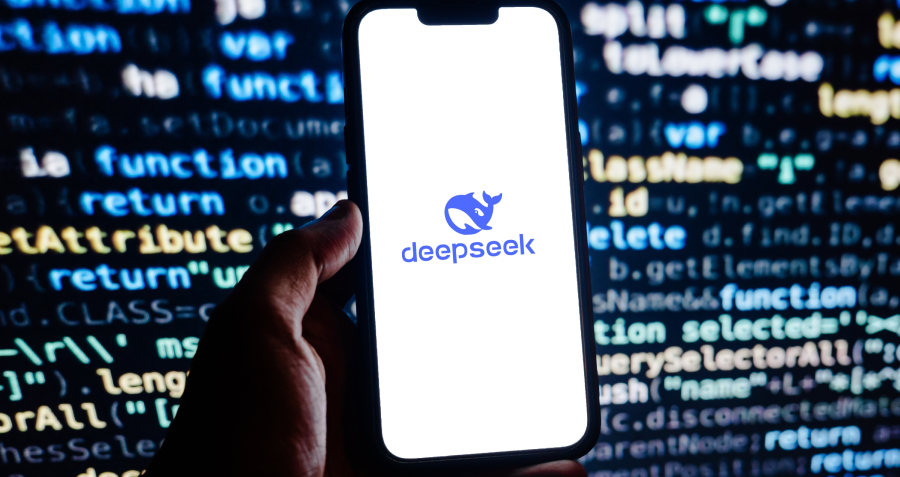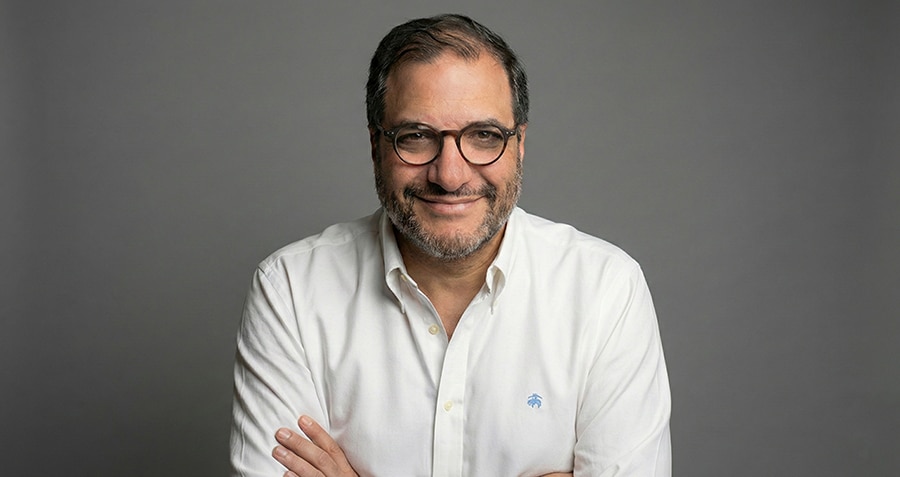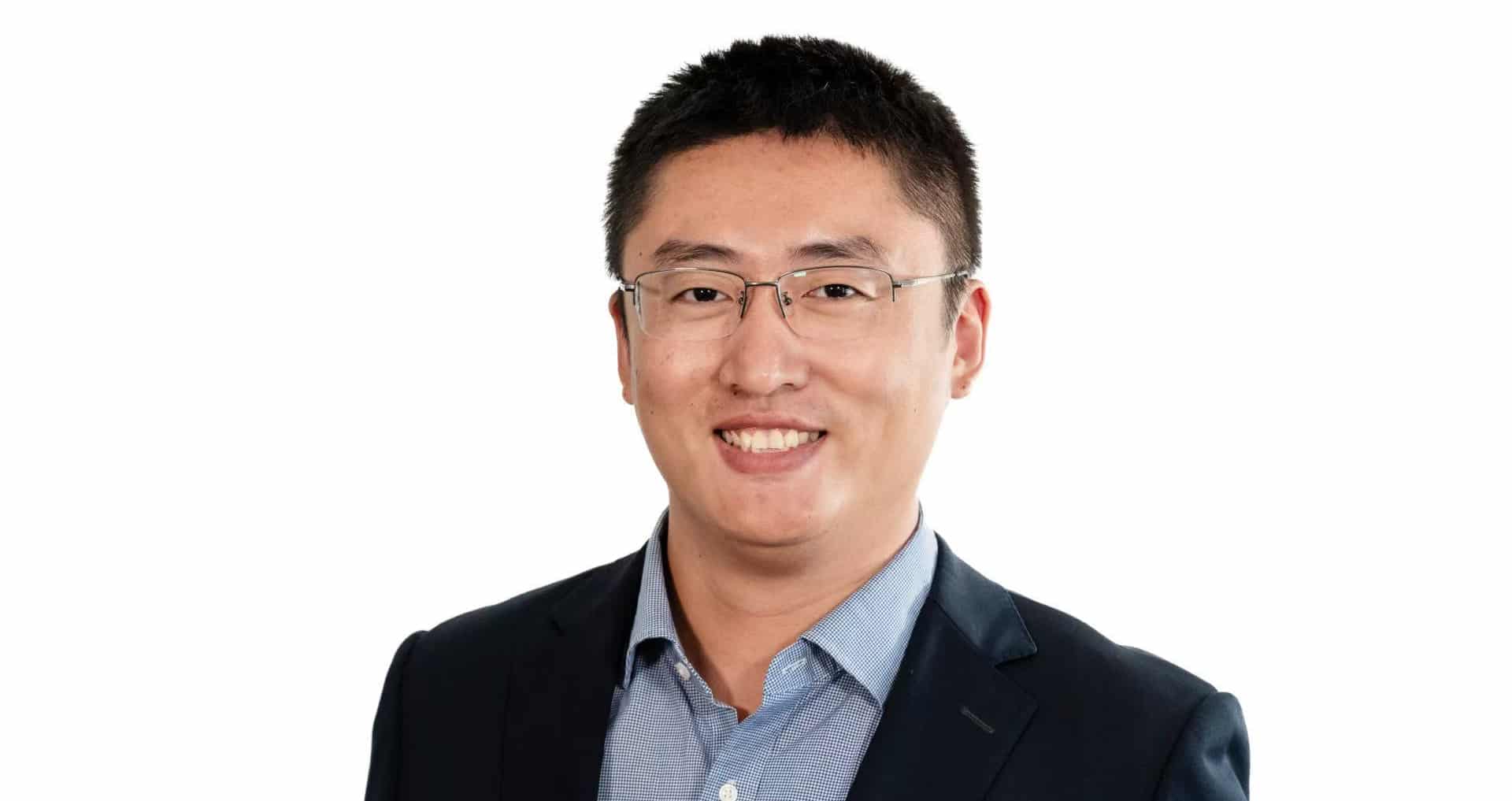As business education faces rapid technological, economic, and social changes, business schools must quickly adapt to stay relevant. At Cheung Kong Graduate School of Business (CKGSB), Zhu Rui, Professor of Marketing and Director of the Center for ESG and Social Innovation, explains how MBA, Executive MBA (EMBA) and Executive Education programs are responding to new global challenges.
In this interview, she reflects on the pressures facing business schools, the enduring value of MBAs, the integration of AI into teaching, and why sustainability and people-centric learning will define the future of management education.
What do you see as the biggest forces driving reform in management education today?
Zhu Rui: The world is changing faster than business schools are evolving. Technology — especially artificial intelligence (AI) — is transforming industries, and that will inevitably have an impact on many jobs. That raises the question of what exactly is still useful to teach at a business school, compared to our previous curricula.
At the same time, the global economic situation is challenging. Executives want more practical solutions to their issues, as opposed to typical business school offerings. Additionally, business education is expensive, and people are more cautious about spending their disposable income on it, and this can create recruiting difficulties. Altogether, technology, economic pressure, and rising expectations are the biggest forces of change.
Are these pressures unique to China, or do you see them globally?
Zhu Rui: They are definitely global. Universities everywhere face similar challenges: AI, rapid technological advancement, and economic headwinds. Many U.S. business schools are even downsizing MBA programs.
In China, the pressure is perhaps more intense. At CKGSB, we focus on executive education and senior-level students, who now have higher expectations than before. When the economy was booming, students came with less pressure to solve immediate issues in their work. Students have always wanted to broaden their perspectives, but what has changed is the demand for practical, problem-solving knowledge. Now they want to be sure that both their money, and most importantly, their time, deliver direct value.
With shorter executive courses and micro-credentials available, how relevant is the traditional MBA today?
Zhu Rui: Traditional MBA and EMBA programs still hold strong value. It’s true that some curricula are outdated and that online certificates can be cheaper and more flexible. But online courses cannot fully replace the offline experience.
Two elements stand out: the interactive learning environment with faculty— where discussion sparks insights— and the peer-to-peer network among students. Especially for executives, those relationships and shared learning experiences can be invaluable.
What role do executive education and certificates play compared to traditional degrees?
Zhu Rui: They complement degree programs. MBA and EMBA curricula are systematic but slower to change. Executive education and certificates — like our CEO program or industry-focused tracks in healthcare and culture — are flexible and respond quickly to market demand.
The drawback is possible cannibalization: some applicants might choose a certificate instead of an EMBA. But in today’s environment, schools must adapt quickly, and executive programs give us that agility.
How is AI transforming teaching and learning at business schools?
Zhu Rui: I encourage my students to use AI actively — even to draft homework before refining it — so they stay up to date. In my vision, AI will eventually handle up to 80% of basic teaching content, that students can undertake prior to class. Professors will then shift roles, becoming discussion leaders and facilitators, focusing on creative thinking and guidance.
At CKGSB, I’m developing an AI-powered “Business for Good” platform and app. Students will use it to self-learn cases and generate AI-supported business ideas. In the following classes, we will refine proposals, assess feasibility, and connect resources. This way, class time becomes more efficient, advanced and valuable.
Sustainability and ESG are growing priorities for business. How are schools integrating these into curricula?
Zhu Rui: Business schools are doing this at different speeds. Some started earlier, often through electives, but now it is becoming more central. At CKGSB, we have a mandatory ESG course, plus project-based electives across MBA, EMBA, DBA, and CEO programs. Regulations requiring companies to disclose ESG data are also driving demand.
Beyond teaching, we launched an ESG report in both Chinese and English. Currently, it highlights faculty research, ESG courses, and student philanthropy projects. But we can do more — like improving our governance structure, reducing carbon emissions in daily operations, and being more inclusive in hiring. It’s important that we not only teach sustainability but also practice it.
How does CKGSB make management education accessible for those that may not be able meet tuition requirements?
Zhu Rui: We balance this in several ways. In our EMBA, most students pay full tuition, but each class includes at least one full scholarship student from an NGO or non-profit. For MBA students, who are younger, we offer a significant number of scholarships, many of which are subsidized by the EMBA program.
We also run fully subsidized programs. For example, with Alibaba’s Charity Foundation, we launched a program for students focused on rural revitalization and poverty alleviation in China. All participants attend on full scholarships, with costs covered by Alibaba. This expands access and helps meet some of our social responsibility goals.
Looking ahead, what is the future of management education?
Zhu Rui: I foresee three big shifts:
- AI-powered learning will handle basic knowledge, while professors focus on more creative, strategic and valuable guidance.
- Experiential learning will move into companies, where students solve real-world problems on-site.
- Curriculum evolution will make ESG, sustainability, and people-centric courses as core as accounting or marketing.
Business schools must empower leaders not only to learn theories but also to apply them systematically and responsibly. That will remain our key difference from consultancies or corporate training.
At CKGSB, the innovations discussed in the interview with Professor Zhu Rui are already taking shape. By integrating AI into learning, advancing sustainability, and reshaping MBA, EMBA and Executive Education programs, CKGSB is positioning itself at the forefront of management education in China and globally. Learn more about our ESG and social innovation efforts here, and about our programs here.






















